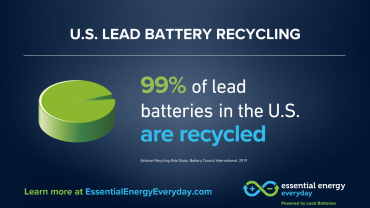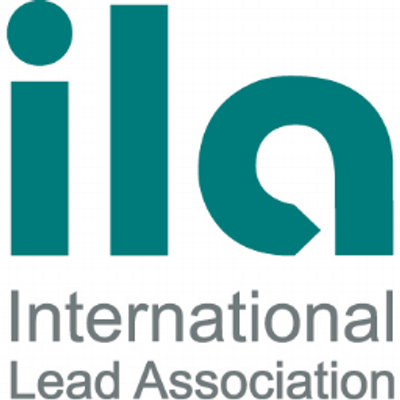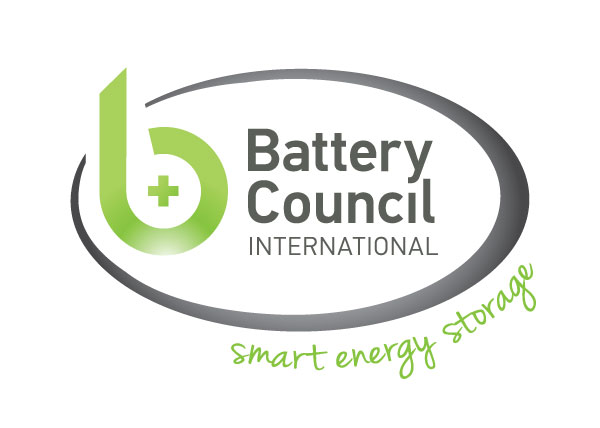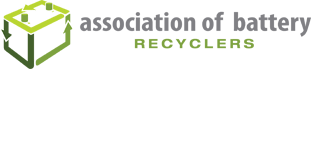
The U.S. lead battery industry is part of a global effort to increase responsible battery production and recycling.
The industry is committed to working with others to end informal battery recycling in low and middle income countries where the practice exists.
Worldwide demand for batteries is anticipated to increase thirteen-fold by 2024. The global lead battery industry has developed guiding principles to ensure demand is met with minimal impact on workers and the environment, especially in low and middle-income countries with the highest levels of improper recycling methods.
In 2020, the global alliance anticipates providing support to ongoing initiatives in four initial countries:
- India
- Bangladesh
- Ethiopia
- Ghana
Why Is This Necessary?
In the U.S. and Europe, lead battery recycling is highly regulated. It’s also achieved in a closed loop, whereby more than 99% of lead batteries are collected and recycled into new batteries. However, in some countries, the demand for raw materials, such as lead, has created an unregulated and improper recycling sector that can cause serious environmental and health risks for employees and nearby communities.

The Guiding Principles
Together, four major organizations and their members have established seven guiding principles to increase responsible materials sourcing, manufacturing and recycling standards:
1. Support responsible battery manufacturing and recycling by placing environmental health and safety excellence at the heart of our operations.
2. Promote the sound management of lead exposure and emissions by setting continuous improvement targets and sharing best practices.
3. Adopt responsible sourcing policies for lead containing materials, seek to identify risks in the supply chain, and use our influence to promote best practices for EHS (Environment, Health and Safety) performance in suppliers’ operations.
4. Minimize the environmental impact of our products by encouraging the development of programs that ensure effective collection, transportation and environmentally sound recycling of used lead batteries.
5. Adopt business practices that consider the communities impacted by our operations, respect the human and labor rights of our employees, and work against corruption in all its forms.
6. Proactively engage key stakeholders in an open and transparent manner.
7. Partner with key stakeholders and government agencies to share our expertise and promote environmentally sound recycling of lead batteries in low and medium-income countries.
A Global Collaboration
The adoption of guiding principles by the four associations formalizes the more than two decades of work by the International Lead Association (ILA) in supporting the lead battery recycling industry. That support includes technical expertise advising businesses, governments and communities around the world on the safe and environmentally sound recycling of used lead batteries. ILA has worked closely with the United Nations Environment Programme (UNEP), the Basel Convention Secretariat (BRS), the India Lead Zinc Development Association (ILZDA) and Pure Earth, an NGO that focuses on child health in communities where improper informal recycling has caused harm.
Monitoring Progress
The material stewardship program includes setting measurements for member companies to assess their individual performance against the guiding principles. Performance measurements will also be established for the aggregate membership bases of the associations involved in the program. These measurements are currently in development with an expected approval and implementation in 2020.
Participating Organizations
The four participating industry groups who represent lead and lead battery manufacturers and global battery recyclers are:
Read About Current Efforts
Blog Post: Industry committed to improving recycling standards worldwide
Blog Post: Our man in the field…closer to home
Blog Post: Promoting and supporting best practice recycling in Nairobi, Kenya
Blog Post: Improving battery recycling in Ethiopia
Blog Post: Our man in Colombia
ILA Assistance to Industry and Governments Around the World
ILA Fact Sheet: Recycling in the Informal Sector









